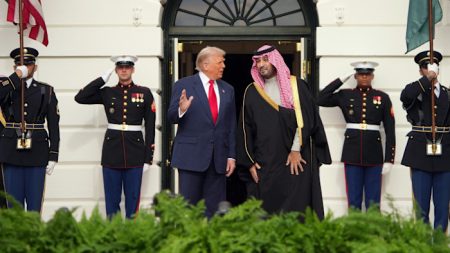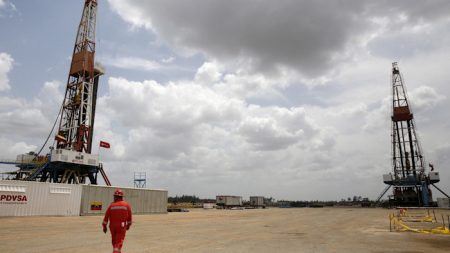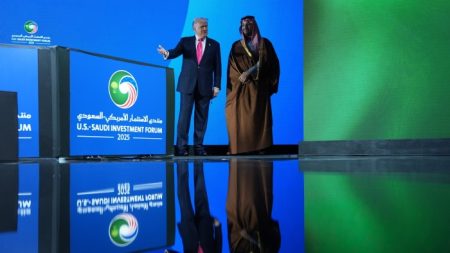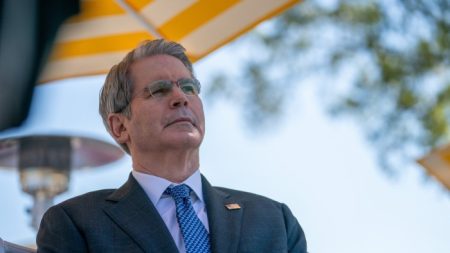Unlock the Editor’s Digest for free
Roula Khalaf, Editor of the FT, selects her favourite stories in this weekly newsletter.
Rishi Sunak on Wednesday conceded his tenure as UK prime minister had been a struggle, as he acknowledged the Conservative party’s rocky record in office and blunders that have undermined his election campaign.
Sunak entered Downing Street in 2022 following the shortlived premiership of Liz Truss, and he told a group of voters hosted by Sky News in Grimsby that it “hasn’t been an easy 18 months”.
Labour leader Sir Keir Starmer was grilled over his multiple policy U-turns and his refusal to rule out the imposition of some form of wealth tax such as higher capital gains tax.
Sunak and Starmer were separately asked questions by Sky News and the audience. A snap YouGov poll afterwards found 64 per cent of respondents thought Starmer had performed best, while 36 per cent said it was Sunak.
The prime minister was challenged over his failure to meet several of his five key pledges made at the start of 2023, including “stopping the boats” carrying asylum seekers across the English Channel, cutting NHS waiting lists in England and reducing UK public debt.
He was pressed about how the number of migrants making Channel crossings this year looks set to hit a record.
Sunak tried to focus on how crossings fell between 2022 and 2023, saying: “Everyone said it was impossible to get the numbers down . . . we showed last year that it was possible.”
He was also challenged over his oft-repeated claim to be a tax cutter when overall the tax burden was rising under the Tories.
He said his planned tax cuts would reduce the tax burden “compared to the spring Budget last year”, but could not say if overall taxes would be lower by the end of the next parliament.
Sunak meanwhile said he was “incredibly sad” to have caused people upset by skipping part of the D-Day commemorations in France last week. “That was the last thing I wanted to do,” he said.
He was asked why his election campaign was flatlining with only three weeks to go before the poll on July 4. “I’m going to try and do my best,” he said.
Labour is about 20 percentage points ahead of the Conservatives in opinion polls.
Beth Rigby, Sky’s political editor, highlighted how there had been three Conservative prime ministers, five home secretaries and six health secretaries since the 2019 election.
The Grimsby audience laughed as she asked Sunak: “How do you know that if you won the general election you’d still be prime minister in a year’s time?”
Meanwhile, Starmer defended his decision to drop multiple pledges he made when he stood for the Labour leadership in 2020, after his hard-left predecessor Jeremy Corbyn lost the 2019 election.
“We lost the 2019 election. We lost very badly,” said Starmer, who has sought to pull Labour back to the centre ground of UK politics.
“I concluded that I should listen to the electorate, when you lose badly you don’t look at voters and say ‘What on earth did you think you were doing?’ but you look at your party and say ‘We have to change’.”
Starmer said he would not raise taxes on “working people” if Labour won the election.
He added there would be no increases in income tax, national insurance and value added tax, but would not rule out increases to other taxes once elected.
Read the full article here














